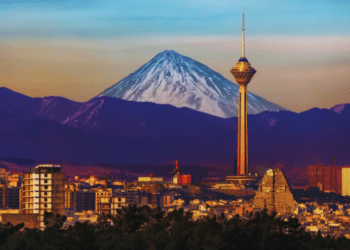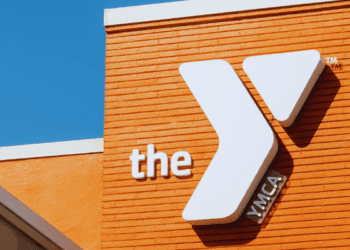With Ottawa and Toronto now joining the rush into the casino business, MLI Managing Director Brian Lee Crowley explores in the Ottawa Citizen, Calgary Herald and Vancouver Sun the issues raised by governments’ enthusiasm for casinos. Crowley argues that politicians have allowed their addiction to the ready cash that casinos provide to distract them from vital issues such as where the money comes from and the ethics and economics of a government being a self-interested promoter of gambling.
Governments should get out of gambling
Brian Lee Crowley, Ottawa Citizen, July 19, 2013
Gambling can be a terrible addiction, made worse by government’s addiction to money.
Ottawa and Toronto are only the latest communities to get caught up in the rush to expand access to gambling. Casinos are all the rage — in addition to Ottawa and Toronto, many aboriginal communities want them, for example. (Of the over 70 casinos in Canada about a fifth are aboriginally owned.) Once Detroiters saw their money going across the river to Windsor’s, they built three.
But while the discussion about casinos usually focuses on where to put them, and how to divide up the spoils, too little attention is paid to the huge issue they represent for governments and fairness. As one participant in a conference on gambling observed a few years ago, “the Canadian government gambling model focuses on revenue generation and glosses over harm.”
If you’ve ever sat in a bar watching punters feed loonies into video lottery terminals (VLTs) you’ll know that a lot of gambling has nothing to do with the Hollywood image of tuxedoed high rollers betting vast sums on a roll of the dice. Much of it is cheap and sordid, vulnerable people enticed to throw away the rent money in the eternal quest for the Big Score.
Knowing that the industry preys on human weakness, governments sensibly used to make it hard to gamble. Casinos were only available in distant places like Reno and Las Vegas, or restricted to private clubs to ensure that low-budget punters didn’t get in to squander that week’s pay. Because they didn’t depend on them for revenue, governments could be the disinterested regulators that potentially dangerous activities require.
Then they discovered what the Mob has known all along — that gambling generates huge amounts of cash for those who own or control casinos. After that the jig was up. Governments’ insatiable search for money, born of an inability to control their own spending, unleashed a wave of state-promoted gambling dens to relieve the credulous of their cash.
By a sleight of hand every card sharp ought to admire, these governments shifted the discussion from preying on human weakness to all the benefits that could be created by politicians getting their hands on casino cash cows. Think of all the great public purposes that could be achieved, the good works, charities and sports teams supported, the “community reinvestment” and so forth. And all without raising taxes.
But in the rush to cash in the chips, governments forgot that it matters enormously to the integrity of public spending how the money spent is raised. Doing good with the money is not enough.
It is the job of government to decide what public services the community needs and can afford but also to ensure that the money raised to pay for those services meets certain standards. We endlessly debate the fairness of the tax system, the regressive nature of sales taxes, how the tax burden should be shared out between individuals and corporations, how much harder the income tax should hit those at the top of the income scale than at the bottom. We worry about how user fees will affect low income people. Ability to pay is a crucial part of the debate over taxes, as Margaret Thatcher learned when she was driven from office in part by a decision to impose a tax (the “community charge”) that took no account of ability to pay.
Somehow gambling revenues escape this scrutiny. Yet if politicians are genuinely convinced that the things they spend gambling revenue on are legitimate public purposes, then they should use the established tax system to collect those revenues, making everyone contribute their fair share under the law, and not just those vulnerable to the siren song of Lady Luck.
Remember that no matter what the politicians promoting gambling say, gambling revenues from local casinos by and large comes from local people, not outsiders. The casinos don’t generate new wealth for the community. They take money from locals who would have spent it on other things, on clothes and rent and food, and exploit human weakness to transfer that money into the hands of those same politicians to dispense on projects that they think make them look good.
Yes, we’ve always taxed vice (think tobacco and alcohol) and we should continue to do so. But clearly the scale of revenues governments get from controlling (and not just taxing) gambling have become so large that they no longer focus successfully on the damage gambling does. Governments that should be arm’s length independent regulators of gambling in the public interest are now shabby self-interested enablers. Everything we used to understand about how to limit the harm gambling does has been tossed out the window by politicians in the pursuit of cash. Shame on them.
Brian Lee Crowley (twitter.com/brianleecrowley) is the Managing Director of the Macdonald-Laurier Institute, an independent non-partisan public policy think tank in Ottawa: www.macdonaldlaurier.ca.




